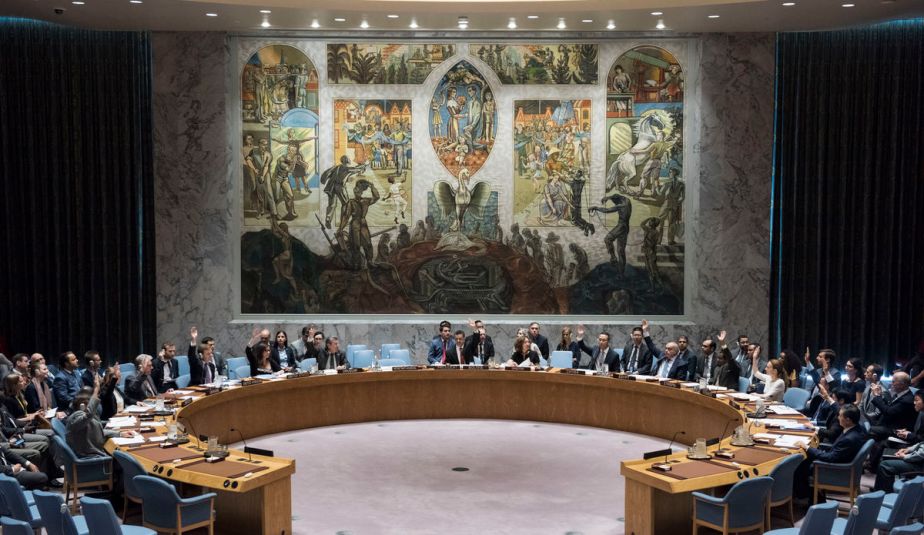The Security Council Members had been ‘almost’ busy discussing the security challenges in Somalia, the extreme violence being created by Al Shabaab and the work of MINUSCA in extending peace and ensuring smooth conduction of upcoming elections to be held. Though Russia and China expressed reservations about the resolution through ‘Abstentions,’ they did not veto it either. So, it was allowed to pass.
On November 15, the Security Council adopted a resolution on the Somalian sanctions regime, renewing for one year the partial lifting of the arms embargo on Somali Security Forces. Previous discussions on the sanction resolution expressed concerns about the importance of sanctions and how it has helped in keeping weapons away from the hands of the terrorist groups. But, reports and recommendations from the expert panel on the situation in Somalia consolidated that sanctions were doing more harm than good. It was preventing the federal government of Somalia from accessing arms they required for security purposes. The draft resolution mandates that prior permission from the council is still anyway required for delivering heavy as well as small arms to Somalian Security Forces. The Arms Embargo prevents heavier weapons from reaching Somalia and groups like Al Shabaab. The partial lifting of the ban does not promise a mountain of changes for the Somalian government but introduces more hope for understanding serious recommendations!
Context
Since the year 1992, the Security Council has imposed several versions of a general and complete arms embargo on Somalia to deal with the vulnerable security conditions in the region. In previous statements during the month of October and November, discussions were held about renewal of the resolution and countries pursued a healthy discussion regarding the work of MINUSCA, security in the region and future work that was still required.
Countries such as the UK supported the sanctions regime and said that the arms embargo was put to help Somalia. They said that security sector reform could only happen if there were some restrictions set to prevent militant groups like Al Shabaab from accumulating arms. France agreeing had validated that the arms embargo hinders the terrorist group Al Shabaab to supply themselves with weapons and hence it had to be continued. The US (nothing unusual) was more steadfast and aggressive in approach when it asked the Somalia government to actually start cooperating with the UN mandate, engage with the panel of experts and support their work.
Security Council 15 Nov
Resolution 2498 of the Security Council which renews the sanctions on Somalia for one more year passed on November 15.
Abstention justifications were given by Russia and China in particular, quite elaborately but they did not issue a veto keeping in mind the security situation in Somalia and with elections coming up, time was running out for Somalia to hold on any longer without the renewal.
Russia and China, both were concerned about the wording and questioned the process used by UK to come up with the resolution.
Firstly, they thought the inclusion of countries such as Djibouti and Eritrea into the same resolution was unfair. Russia thought, the resolution wrongly categorized all these countries within the same scenario which makes the process much more complicated legally and technically.
They also had reservations regarding the human rights theme being heavily included within the mandate because they believed that the issue of human rights is to be dealt with, by UNHRC and not by SC in particular.
Russia and China also had concerns regarding the process of drafting the resolution.
Somalian representative to the Council ended with remarks that were both positive and skeptical. They did not seem too happy though! Somalia emphasized that though Al-Shabbab is being seriously dealt and monitored by the international community, the root cause of the problem is still not being properly understood. He also mentioned skepticism about the military base in Berbera to be in clear violation of sovereignty of Somalia.
Somalia also emphasized the need for reports regarding security situation in Somalia to be more attentive, professional and evidence-based. They harped on a reliable mechanism to be brought in to check when cases are wrongly made.
What does this say about sustainable solution to reach lasting peace in Somalia? Maybe it gives some hope about the international community still being concerned about security but not enough hope about the speedy resolution tendencies of the UN!
Signing off until next time..
